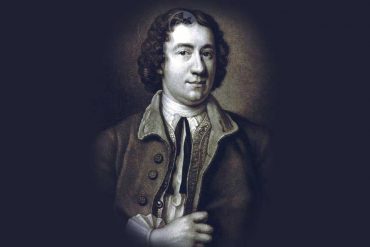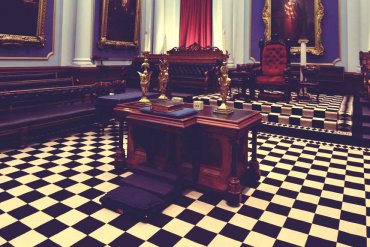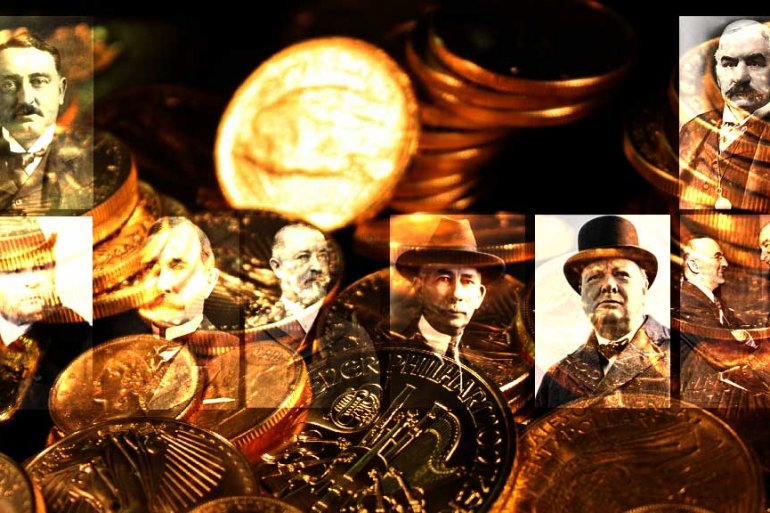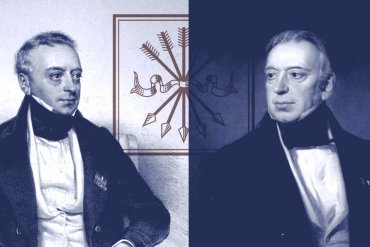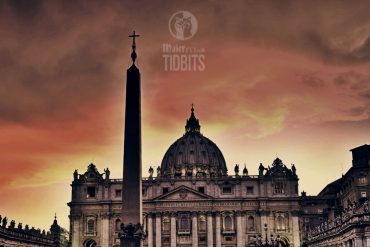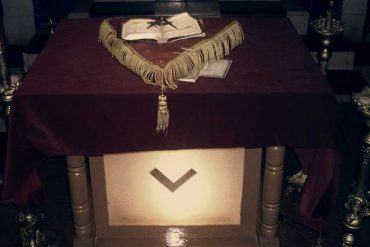Could it be that the London club mentioned in the Maier Files episode 2, is inspired by the Hell-fire Club? The Hell-Fire club in London is the most notorious “Satanist” organization in eighteenth-century Britain, the Hell-Fire Club was originally founded in London in 1719 by Philip, Duke of Wharton, a liberal politician and atheist who set out to ridicule the religious...
secret societies
This category contains everything on Secret Societies. Often times it is the members of these groups that begin revolutions or activist movements to create a momentous change in society or seek to influence the culture.
In a world brimming with complexities and hidden agendas, the term “conspiracy theory” often ignites a swift dismissal, akin to labeling someone as a ‘nazi’ or a ‘racist’. However, delving deeper, one finds that conspiracies are not merely the stuff of fiction but a reality entrenched in various facets of human society. Renowned historians like Dr. Mark Mirabello, Professor of History...
The secret about the Templars would not be if it had not been made to be by circles and powers who had and have an understandable interest – from their point of view – to keep the truth in obscurity. Originally known as the Knights Hospitaller, the Sovereign Military Hospitaller Order of Saint John of Jerusalem of Rhodes and of Malta was founded in the 11th century in Jerusalem, where it protected Christian pilgrims visiting the Holy Sepulchre. When the […]...
We already mentioned some occult and secret society members who influenced war and pre-war decisions in England and worked for the intelligence services. In Germany there was a strange character named Baron Rudolf von Sebottendorf. It has also been claimed that his real name was Adam Alfred Rudolf Glauer. He founded the Germanen Order society and in 1919 he got himself...
A Lodge is the basic working unit of most secret societies in the western world, the lodge derives its name and many of its customs from the operative stonemasons of the Middle Ages. At each building site, the masons would construct a one-story wooden building, called a lodge, as a workplace. Meetings of stonemasons’ guilds and initiations of new guild members...
The business of banking in Europe in the fourteenth century function was to evaluate, exchange, and safeguard people’s coins. In the beginning, there were notable examples of totally honest banks which operated with remarkable efficiency considering the vast variety of coinage they handled. Honest banks These first banks also issued paper receipts which were so dependable they freely circulated as money and cheated no one in the process. As these things go honesty never last long. The last two honorable […]...
John P. Cafferky examines the origin of World War I, the seminal event of the Twentieth Century and the event that “made” the New World Order under the leadership of Lord Milner. Lord Milner was an international banker and he worked closely with J. P. Morgan in the USA and Lord Rothschild and other bankers in the City of London. The...
Historians, in interpreting the nineteenth century, have laid stress on many and various aspects of the period under study; and descriptions of isolated periods, single episodes, and individuals are scattered amongst hundreds and even thousands of books. On the other hand, certain special features of the period under consideration have been, for various reasons, entirely neglected. An example of such neglect...
David Astle is a researcher who has assembled a massive database and well-argued case for the existence, in ancient times, of an international bullion brokers’ trust. It allied behind the scenes for its own benefit and agenda, with manipulating governments, religions, pantheons and policies. Mr Astle commenced a sea career at sixteen years of age. During the following years he travelled most of the world’s great trade routes, and visited its principal ports. He served as an officer in the […]...
Why does it appear on the surface that parties seem to be against each other when all along they are connected? – Think about it! (R. Dietrich) Without the existence of the secret societies, our history would have been totally different. The history of mankind is like a vast jigsaw puzzle. One must first lay down all pieces down in the...
Of all kinds, the Altar is one of the most common pieces of lodge furniture in secret societies, usually placed at the center of the lodge room, draped with an altar cloth, and provided with one or more symbolic objects. The existence of altars in lodge rooms is one of the facts most often pointed out by Christian critics of secret...
In a previous post one can read that rituals are one of the techniques to control. Secret societies throughout our history, such as the Templars, the Freemasons, and many other groups that operate under the radar and with elaborately structured ritualistic methods, often incorporate the same types of behavior modification methods when dealing with keeping initiates and members on track and in line. In all secret societies sexual acts and rites are all about control and manipulation of their members. […]...

